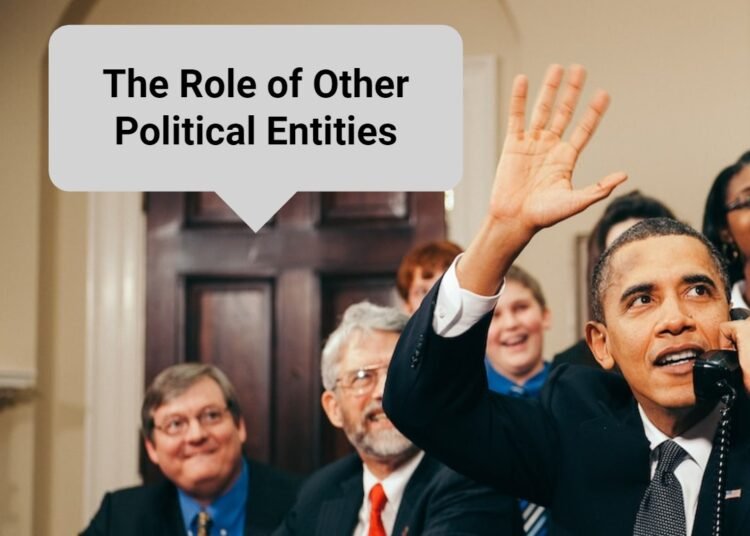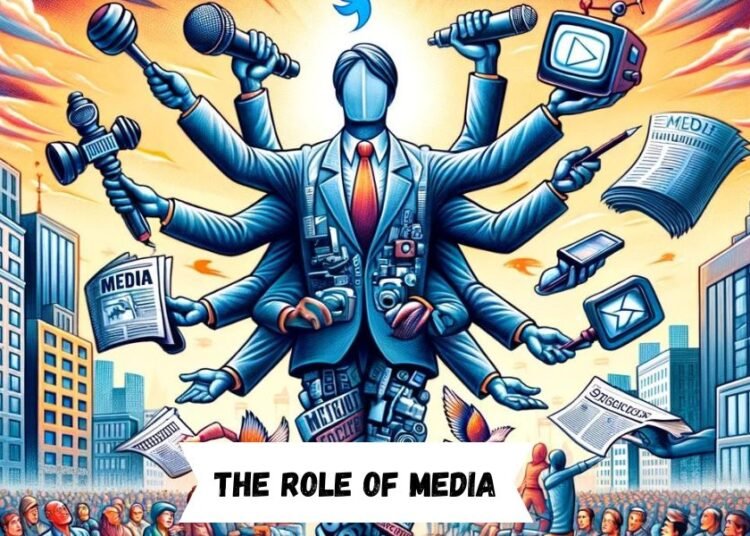Imran says it is open to talks, except with PPP or ‘PMLN.’ Former Prime Minister Imran Khan has made it clear that he is open to conversation with all political groupings, with the noteworthy exception of the Pakistan Peoples Party (PPP) and the Pakistan Muslim League-Nawaz (PMLN), in a recent event that has sent shockwaves through Pakistan’s political landscape. This audacious statement highlights the long-standing rivalries and ingrained divisions that define the country’s political landscape.
Background
One must be aware of Pakistan’s unstable political environment to appreciate Imran Khan’s remarks properly. The nation has experienced a tornado of political upheavals, protests, and intensely divisive public discourse in recent years. Throughout this, Imran Khan and his Pakistan Tehreek-e-Insaf (PTI) party have continued to play a significant role in pushing for reform and opposing the status quo, which is upheld by established political dynasties.
Imran Khan’s Position
Imran Khan has a deliberate position based on several political conflicts, accusations of corruption, and divergent ideas about Pakistan’s future. This is why he has declined to hold negotiations with the PPP and PMLN. To promote communication and harmony, Khan expresses his readiness to interact with other political groups; nonetheless, his unequivocal rejection of meeting with the PPP and PMLN exposes a pervasive mistrust and ideological gap.
Exclusion of PPP and PMLN
There are several reasons why these two parties are not included in the negotiations. Khan says that during their terms in office, both parties failed the Pakistani people, encouraged corruption, and practiced nepotism. Though it will isolate these parties politically, this exclusionary tactic is also thought to be a means of pressuring them into responsibility and change.
The Role of Other Political Entities

Although Khan’s position might distance the PPP and PMLN, it also allows discussion with smaller groups and autonomous organizations. As a result, Pakistan’s political landscape may change, and new alliances may form, with the PTI becoming a key player in future talks.
Public Reaction
The public’s reaction to Khan’s declaration has been inconsistent. PTI supporters applaud the action as a protest against corruption and the beginning of a real political dialogue. On the other hand, detractors contend that it exacerbates political division and erodes the likelihood of a thorough national conversation.
Potential Implications
Khan’s position has important ramifications. It might cause the political powers to realign, or it might widen the already existing rifts. It also calls into question Pakistan’s established power structures and calls for a different strategy for political talks.
The Path to Dialogue
There are still channels for communication despite the obstacles. This involves the involvement of civil society, impartial third parties mediating the conflict, and public pressure for harmony and productive dialogue. Even if it is difficult, conversation is a crucial goal for Pakistan’s stability and growth.
Challenges Ahead
This fragmented, meaningful discourse is difficult to achieve in a political environment. These include getting over one’s ego, old grudges, and fear of political backlash. The path ahead calls for giving in, being genuinely open to listening, and having a common vision for Pakistan’s future.
International Perspective
Globally, there is great interest in Khan’s position. Pakistan’s stability worries international parties because of its strategic significance. The international community’s role may encompass anything from diplomatic outreach to mediating discussions among Pakistan’s political factions.
Historical Context
Pakistan’s political history is characterized by periods of both reconciliation and strife. Political discourse and resolution from the past can provide valuable insights into future directions. Even while this circumstance is unique, it has happened before, and current tactics can benefit from understanding what worked in the past.
The Role of Media

The media is crucial in influencing political discourse and public opinion. The way Khan’s position is portrayed and the following discussion will affect how the public views it and possibly even the parties’ desire to have a conversation.
Prospects for Resolution
There is yet hope for a resolution despite the glaring differences. Prioritizing the country’s interests before party politics calls for a coordinated effort from all political entities. Any resolution must start with acknowledging common problems and cooperating to find long-term solutions.
Conclusion
Without question, Imran Khan’s recent statement has given Pakistan’s political discourse a new angle. Although his willingness to engage in dialogue, barring the PPP and PMLN, underscores the intricacies of political agreements, it also symbolizes the continuous quest for responsibility and restructuring within Pakistan’s political structure. The road ahead is fraught with difficulties, but the country can only hope to attain long-term stability and prosperity through communication and compromise.

















Comments 1